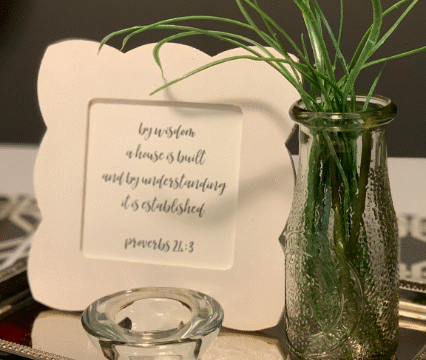Life is full of surprises, and not all of them are pleasant. While we can’t predict every challenge, we can prepare ourselves with thoughtful planning and a calm mindset. Planning for unexpected emergencies ensures you can handle disruptions more effectively, whether they involve health, finances, or day-to-day responsibilities.
1. Create an Emergency Fund
Financial stability is essential during difficult times. Start by saving a small percentage of your income regularly. Aim to build a fund that covers at least three to six months of basic expenses. This cushion can help you manage sudden medical costs, job loss, or urgent repairs without going into debt.
2. Prepare a Basic Emergency Kit
Every household should have a well stocked emergency kit. Include essentials such as bottled water, non-perishable food, a flashlight, batteries, a first aid kit, important documents, and personal hygiene items. Keep the kit in a safe, easily accessible place.
3. Organize Important Documents
Secure your identification, insurance papers, medical records, and financial documents in one safe location. Consider using waterproof and fire-resistant containers or digital backups stored securely online. Easy access to these documents can save time and reduce stress in an emergency.
4. Communicate with Loved Ones
Have a communication plan with family and close friends. Share contact information and decide how you’ll reach each other during an emergency. Establish a meeting spot if you’re separated and cannot communicate easily.
5. Know Local Resources
Familiarize yourself with local emergency services, hospitals, and shelters. Understanding what help is available and where to go can be invaluable in critical situations.
6. Keep a Calm and Clear Mindset
Mental preparation is just as important as physical readiness. Practice mindfulness, stay informed, and take deep breaths during tense moments. A calm approach can help you make better decisions and support others effectively.
Conclusion
Planning for unexpected emergencies doesn’t have to be overwhelming. By taking small, consistent steps today, you can create a sense of security and resilience for tomorrow. Stay prepared, stay informed, and support one another through life’s unexpected turns.






